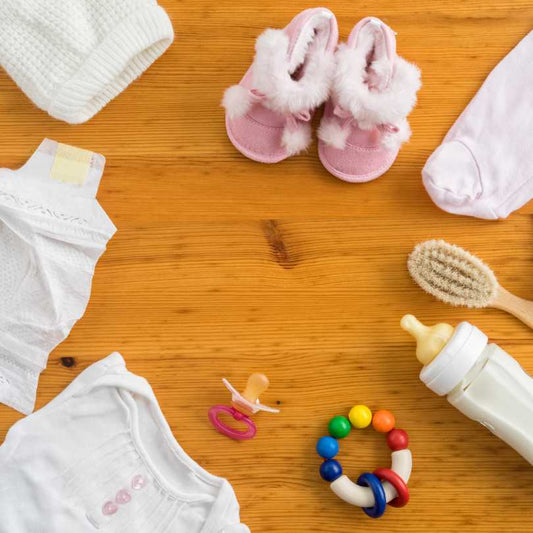
When it comes to nutrition during pregnancy, there are many recommendations and myths circulating. However, one of the most important recommendations is that pregnant women should add about 300 extra calories per day to their normal diet. This equates to roughly one extra meal per day.
But why is this extra calorie intake important? First, some of it is used to replenish the body's energy reserves, which are used during pregnancy. Another part is used to support the rapidly growing fetus and placenta. Finally, some of it is used to prepare milk production for lactation.
However, it's important to note that the type of extra calories is just as important as the amount. Pregnant women should focus on nutrient-dense foods such as fresh fruits and vegetables, whole grains, lean protein, and dairy products. Processed foods and junk foods should be avoided, as they often don't provide the nutrients the body needs during pregnancy.
It's also important to note that every pregnancy and every woman is different, and individual recommendations should be sought from a doctor or nutritionist. Some women may need more or fewer calories than the recommended amount, depending on their weight, activity level, and other factors.
What exactly are 300 calories and how can I estimate that?

An extra 300 calories a day can manifest itself in many ways. Here are some examples of how you can find 300 calories in different foods:
- One large apple contains about 95 calories
- One cup of oatmeal with milk contains approximately 150 calories
- One cup of whole milk contains approximately 150 calories
- A handful of nuts (z.B. Almonds or cashews) contains about 200 calories
- A piece of cheese (z.B. Cheddar) contains approximately 113 calories
- A piece of bread (z.B. Wholemeal bread) contains about 70 calories
- One cup of yogurt contains approximately 150 calories
- One chicken breast fillet contains approximately 165 calories
- One egg contains approximately 78 calories
Be aware that the examples above are just a few ways to incorporate 300 calories into your diet. It's important to maintain a balanced diet with plenty of fruits and vegetables, whole grains, lean protein, and dairy products. It's also important to seek individualized advice from a doctor or nutritionist.
In our E-Book "Nutrition during pregnancy", you will learn the basics of nutrition, which nutrients are particularly important during this time and which foods you should avoid! Click here!




